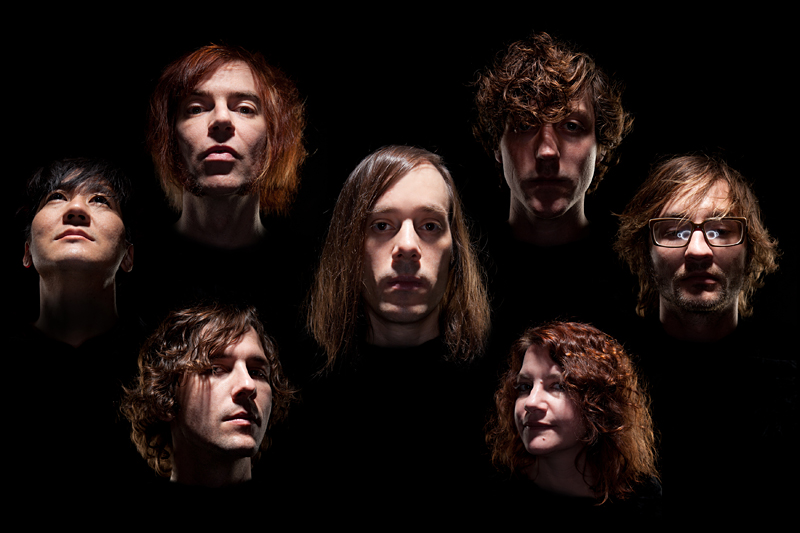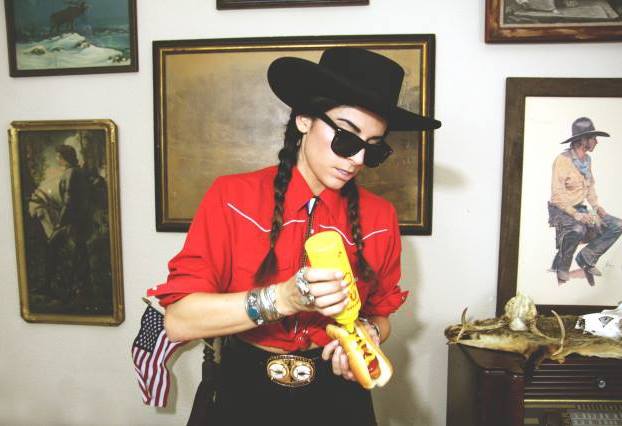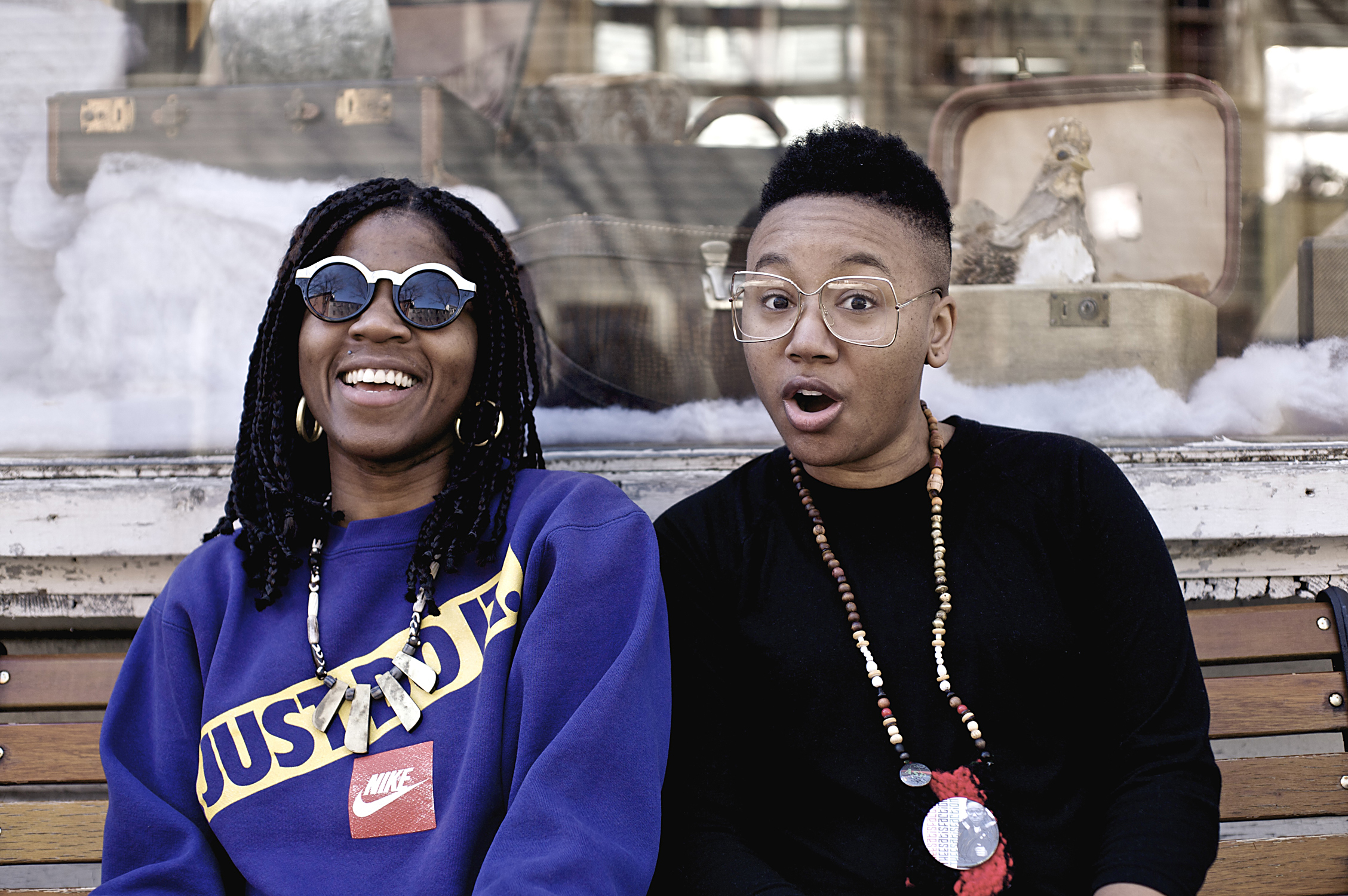Kevin Barnes, frontman for Athens, Ga., art-rock band of Montreal, has over 11 albums explored notions of identity and sexuality through various personas in song (notably Georgie Fruit, his funky black shemale creation) and as costumed characters onstage. A longtime sufferer of depression, Barnes’ psychedelic indie pop echoes his state of mind with a feel of schizophrenic pageantry.
His psychic wanderings and dark days have famously fueled his output, inspiring 2007’s critically acclaimed Hissing Fauna, Are You the Destroyer? as well as the band’s latest, Paralytic Stalks, which received a paltry 4.6 from Pitchfork. Here Barnes talks about his moods, lyrics, and relationship with the music press.
How are you feeling these days?
Every day is better, but you never know. That’s the kind of ultra-weird thing. I might wake up one day and think, “You shouldn’t face the day with anxiety. You should face the day with enthusiasm.” Every day I don’t know if I’ll wake up feeling a certain way that might change in 20 minutes, or the next day, or stick with me the whole time. But I’m not, like, suicidal all the time.
What’s it like when you hear mixed reviews of your albums? Does that affect your perspective?
I try not to absorb that so much. So many people have so many different agendas. I might think [that] such-and-such website gave me a bad review, and that means I’m not a good artist, or I failed at my attempt at making art; but then when you really think about it, it’s like, well, that’s just one joker who’s probably not very sophisticated musically.
You can get caught up on it, and I have many times, especially if it’s extremely hurtful or feels like a personal attack, because I’m so deeply connected to the album, but I have to remember it’s just a part of the game. And really, this is nothing new. This is the relationship artists have had with critics for centuries. Me being upset with some random critique of my art is something I’ll always have to deal with, such is the relationship. I don’t have that much respect for critics in general.
A lot of artists do engage with their reviews.
To some degree, I kind of always feel hurt by them, so it’s like this strange self-abuse. It’s never like, “Oh, this record is fantastic, it saved my life, thank you Kevin Barnes, you’re a genius.” I think the problem most critics have is a superior attitude. Like they’re looking down on it, like “How cute, he’s trying to do this thing.” But they could never do it in a million years.
It’s so idiotic that they would feel so confident to just lay it out like that, and they don’t even understand the intricate subtleties and the nuances of the thing. Half the time they criticize something that’s not even true, like, oh, he says this in this one verse, when actually I didn’t say that at all.
You made a comment about that on your Facebook page, about a word in “Malefic Dowery.” Someone thought you said “crotch,” but the lyric is actually “crutch.” Are you often asked to explain your lyrics?
Yeah, that’s a review where the guy was like, “There are three things I don’t like about this record, one of them is that he says crotch instead of crutch.” To me, I guess I was like, “Aw, I should have enunciated better.” That’s kind of ridiculous.








